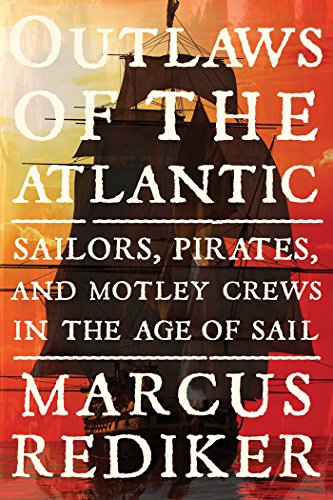


Fly's turn came and he didn't play along: no plea for forgiveness for him, no praise for court, or god, or king. The unwritten agreement was that if the prisoners condemned alcohol and depravity, confessed their crimes, praised the church, and the courts, and the king, then there was always the slight possibility of a last minute reprieve. When the time arrived for the prisoners to address the crowd with their final words, Fly's three colleagues played their part: the condemned were expected to act as morality plays for the education of the unwashed. Then Fly, to the astonishment of the crowd, retied it to his own satisfaction and informed the crowd that he was not afraid to die, as he had wronged no man and was a brave fellow. Luckily for the amateur, Fly was a sailor and knew his knots, and he offered to teach the officer of the court how to tie the noose properly. Fly inspected the rope and the noose that would soon be around his neck, and with distress on his face he turned on the hangman and reproached him for "not understanding his trade". Fly became upset and animated, pointing to the noose and shouting at the executioner. But, as Fly neared the rope, their fears it seemed were unfounded. The great and the good who had gathered to see the pirate die were uncomfortable: he was not playing his agreed part in the moral drama. Unlike his fellow condemned, Fly had shown no fear at his fate. On the afternoon of the 26 July 1726, William Fly walked the steps of the Boston gallows.


 0 kommentar(er)
0 kommentar(er)
